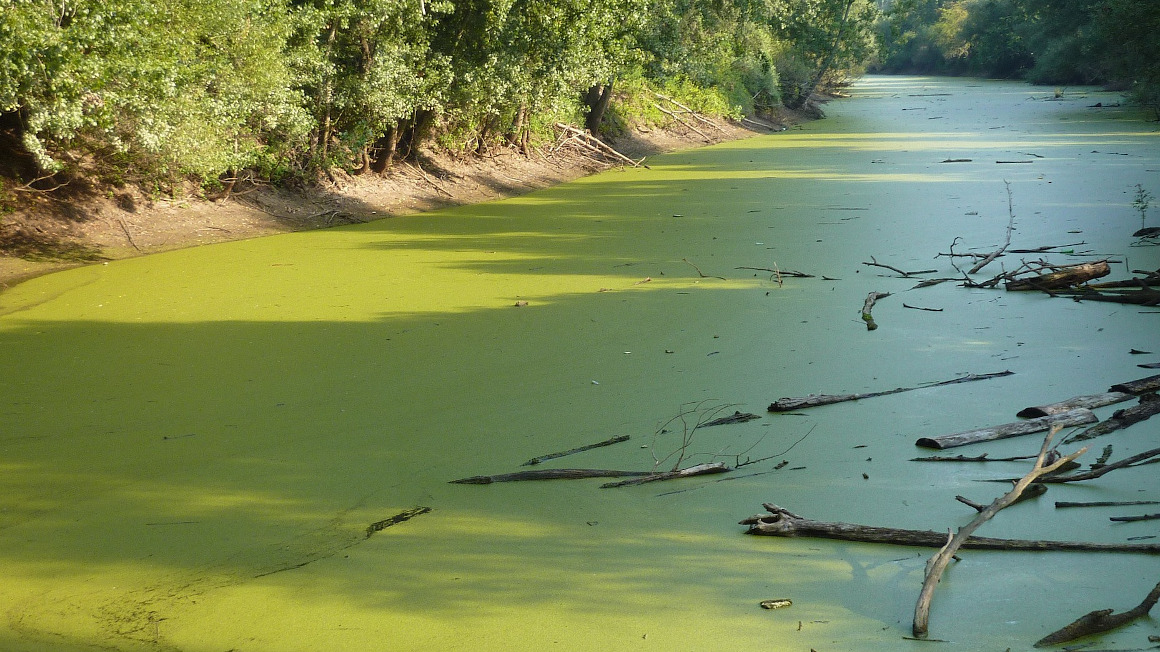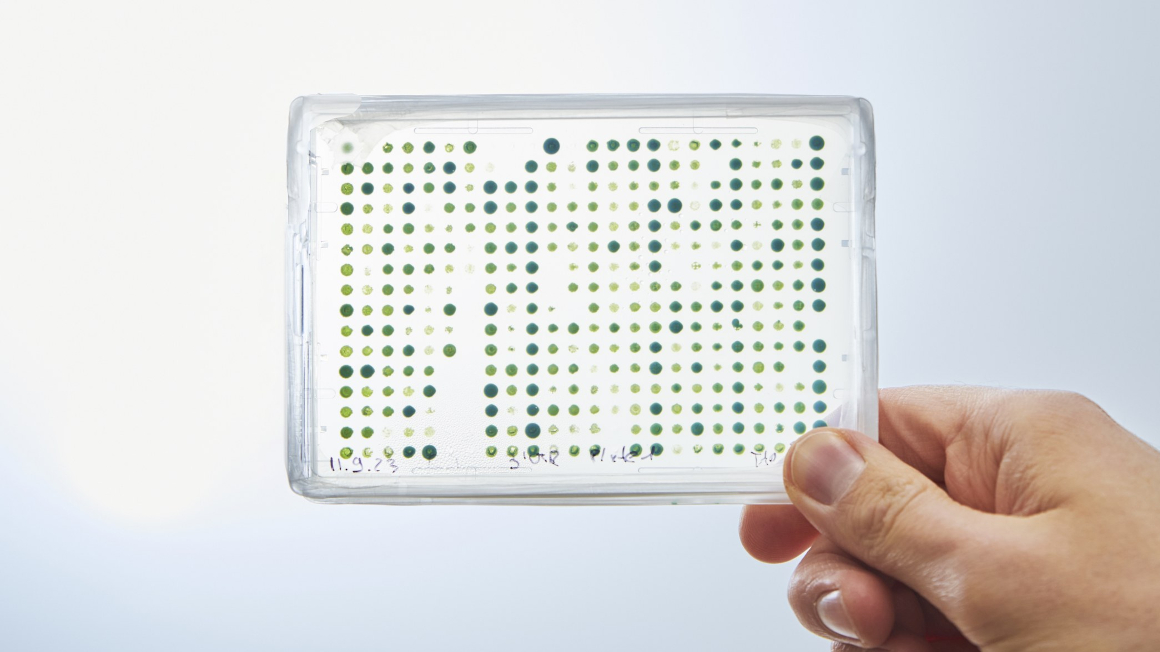Tapping euglenoids as a new source of raw materials
A worldwide consortium with the participation of the University of Erlangen-Nuremberg aims to advance the genome sequencing of eukaryotic unicellular organisms and make it available as a resource for the bioeconomy.

Euglenoids are found primarily in shallow and sweet waters such as ponds and village ponds, but also in the sea, brackish water or even salt lakes. The exceptionally wide distribution of these single-celled organisms makes them survival artists that have long fascinated researchers worldwide. However, of the 1,000 known species, only 20 have been studied. The Euglena International Network (EIN) aims to change that: Here, hundreds of scientists from around the world are collaborating to advance research on euglenoids.
Untapped resource with enormous potential
From the EIN consortium's perspective, euglenoids are a yet untapped resource that offers significant opportunities with their wide range of life forms. The single-celled organisms, of which euglenoids are the best known species, have equally great potential for new biofuels, innovative cancer drugs or sustainable food. However, to exploit this potential, knowledge of the gene structure of this single-celled class, the basic biology as well as the evolution of euglenoids is necessary. This is currently still lacking.
Genome sequencing of all known euglenoids
Over the next decade, the EIN global consortium is therefore aiming to sequence the genomes of all known eugleonid species. Researchers from the Friedrich-Alexander-Universität Erlangen-Nürnberg (FAU) are also involved.
Boost for microalgae research
Microbiologist Michael Lebert has been researching Euglena gracilis for a long time. Together with his team, he has constructed a self-sufficient system for plant growth that also functions under space conditions. Lebert is convinced that the work of the international Euglena Initiative will be successful: "In recent years, the commercial use of Euglena has been pushed hard, especially in Japan. The combination of basic and applied research, as well as industrial involvement, will provide a significant boost to microalgae research and Euglena in particular."


